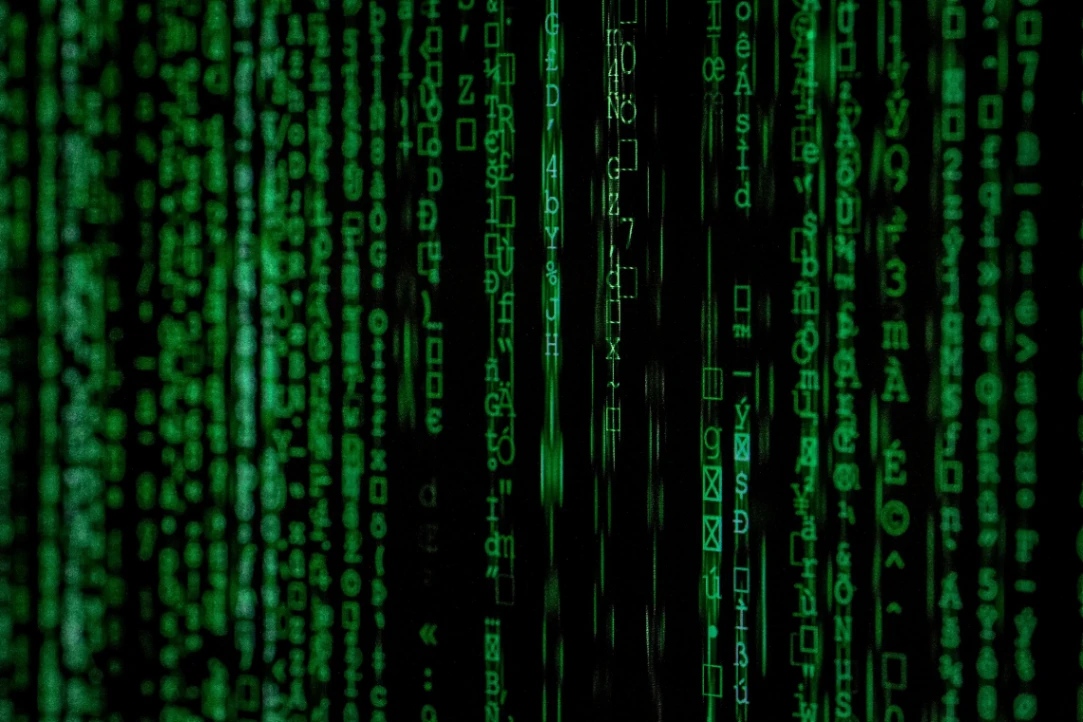12
The Sony Hack That Changed Cybersecurity Forever.
2025
Catalogue
- Tech Trends & Innovation
Intro
In 2014, Sony Pictures became the center of one of the most devastating cyberattacks in history. The breach exposed far more than data—it revealed how unprepared companies were for digital warfare.
Description
Hackers leaked unreleased films, private emails, and personal employee data. The Sony hack became a defining moment in cybersecurity, showing how deeply a digital attack can shake a global company.

Summary
The attack on Sony Pictures in late 2014 wasn’t merely a security breach—it was a full-scale digital crisis that rippled across industries, employees, and audiences worldwide. What began as an intrusion quickly escalated into one of the most notorious cyberattacks in corporate history, exposing weaknesses in both technology and organizational culture, and leaving lasting lessons for every business in the digital age.
A Breach That Shook Hollywood
On the surface, the attack might appear to be just another hack: data stolen, files leaked, systems disrupted. But the scale and audacity of the Sony breach set it apart. Hackers, identifying themselves as the Guardians of Peace, didn’t stop at stealing sensitive corporate data—they systematically wiped servers, leaked unreleased films, and made private executive emails public. The fallout was immediate and highly publicized, sparking embarrassment for Sony’s leadership and highlighting vulnerabilities that no company, regardless of size or stature, could afford to ignore.
The hackers’ motivations went beyond financial gain. They demanded that Sony cancel its then-upcoming film, The Interview, a comedy depicting a fictional assassination of North Korea’s leader. What made this attack particularly alarming was the involvement of a nation-state. The FBI later linked the cyberattack to North Korea, marking a historic moment: a geopolitical incident executed against a private corporation, motivated by censorship rather than profit.
Where Sony Went Wrong
While the story of the Sony hack has captured global attention for its political implications, the technical failures within Sony’s infrastructure reveal even more critical lessons. The attackers didn’t exploit some sophisticated, hidden flaw—they capitalized on basic cybersecurity gaps that could have been addressed with proactive measures.
1. Weak Passwords and Authentication
Passwords across Sony’s systems were reportedly weak and easily compromised. Multi-factor authentication, which adds a critical layer of security beyond a simple password, was either missing or inconsistently implemented.
2. Unencrypted Data
Sensitive files, including emails and financial documents, were stored without sufficient encryption. This left critical corporate information exposed once attackers gained access.
3. Poor Network Segmentation
Sony’s digital infrastructure allowed hackers to move laterally across systems. Servers weren’t properly isolated, which meant that a single breach could compromise multiple parts of the network simultaneously.
4. Underestimating Threat Actors
Sony treated cybersecurity as an IT issue rather than a core business risk. While the company invested millions in film production and creative endeavors, its investment in digital protection lagged behind. This imbalance left it vulnerable to actors capable of launching high-impact attacks.
Immediate and Long-Term Impacts
The immediate consequences were staggering. Leaked films, confidential emails, and HR records exposed private employee information and damaged public trust. Executives’ private communications, sometimes unflattering or sensitive, were broadcast worldwide, creating reputational harm that no public relations team could easily undo.
Financial losses were substantial as well. The disruption affected box office strategies, production schedules, and internal operations. Sony’s partners and collaborators also experienced indirect fallout, revealing how interconnected businesses can be vulnerable to one company’s cybersecurity weaknesses.
Beyond the immediate damage, the Sony hack reshaped the corporate perspective on cybersecurity. Companies realized that attacks could come from anywhere—including nation-states with political motivations—and that the consequences extend far beyond IT downtime. Security became recognized not merely as a technical necessity but as a fundamental business risk capable of threatening reputation, finances, and operational continuity.
Lessons Every Business Can Learn
The Sony hack serves as a cautionary tale for organizations of all sizes. While most companies will never face a nation-state attack, the underlying lessons apply universally. Here’s what businesses can take away:
1. Cybersecurity Starts at the Top
Leadership buy-in is critical. The C-suite must understand that cybersecurity is not just an IT issue but a core business concern. Policies, budgets, and cultural emphasis on security flow from executives who prioritize digital safety.
2. Basic Defenses Matter
Many attacks exploit the simplest vulnerabilities: weak passwords, unencrypted data, and inadequate network segmentation. Ensuring these fundamentals are in place dramatically reduces risk.
3. Employees Are the Frontline
Human error is often the weakest link. Training employees on recognizing phishing attempts, managing sensitive data, and following secure protocols can prevent attacks before they escalate.
4. Treat Your Data Like Gold
From creative content to financial records, data is often the most valuable asset a company holds. Proper encryption, regular backups, and strict access controls are essential safeguards.
5. Incident Response Plans Are Non-Negotiable
Even the best defenses can be breached. A well-designed incident response plan ensures that, when an attack occurs, the organization can respond quickly, mitigate damage, and communicate transparently with stakeholders.
The Broader Impact on Industry
The Sony breach didn’t just impact the company—it changed the cybersecurity landscape across industries. In its wake, organizations began taking nation-state threats more seriously, integrating cybersecurity into business strategy rather than treating it as a back-office concern. Policies around email security, server architecture, and employee training saw a major overhaul.
Industries that handle sensitive intellectual property, like entertainment, finance, and technology, in particular, became more vigilant. Security certifications, penetration testing, and proactive threat assessments became standard practices. The Sony hack highlighted that no organization, regardless of reputation or size, is immune from sophisticated cyber threats.
Cybersecurity Today: Lessons That Still Apply
Nearly a decade later, the echoes of the Sony hack continue to influence corporate security strategies. Companies that embraced lessons from the incident have implemented stronger systems, smarter policies, and more resilient cultures. Those that did not remain vulnerable. The attack was a reminder that cybersecurity is not a one-time investment—it’s a continuous process that evolves alongside threats.
From cloud architecture to AI-driven threat detection, modern organizations now have more tools than ever to defend themselves. Yet, the fundamentals remain the same: strong passwords, encryption, employee training, and executive awareness. Technology alone is insufficient without a culture that prioritizes vigilance and preparedness.
Conclusion: A Warning That Still Resonates
The Sony Pictures hack was more than a breach; it was a historic moment in cybersecurity. It demonstrated that attacks can be strategic, political, and devastating, and that even high-profile companies can be blindsided by basic security oversights.
For every business today, the message is clear: cybersecurity must be treated as a core business risk, embedded into organizational culture, and prioritized at every level. Weak defenses, poor planning, and underestimating threats are no longer tolerable.
The Sony hack was a wake-up call—a warning that still resonates. And the companies that internalize its lessons will be better prepared to navigate an increasingly complex and dangerous digital world.

